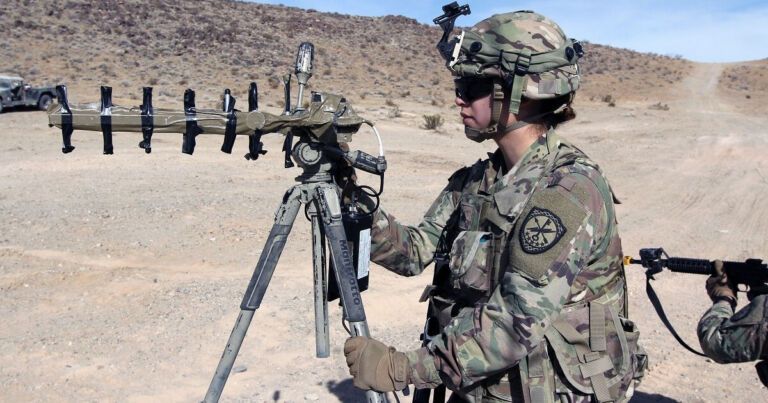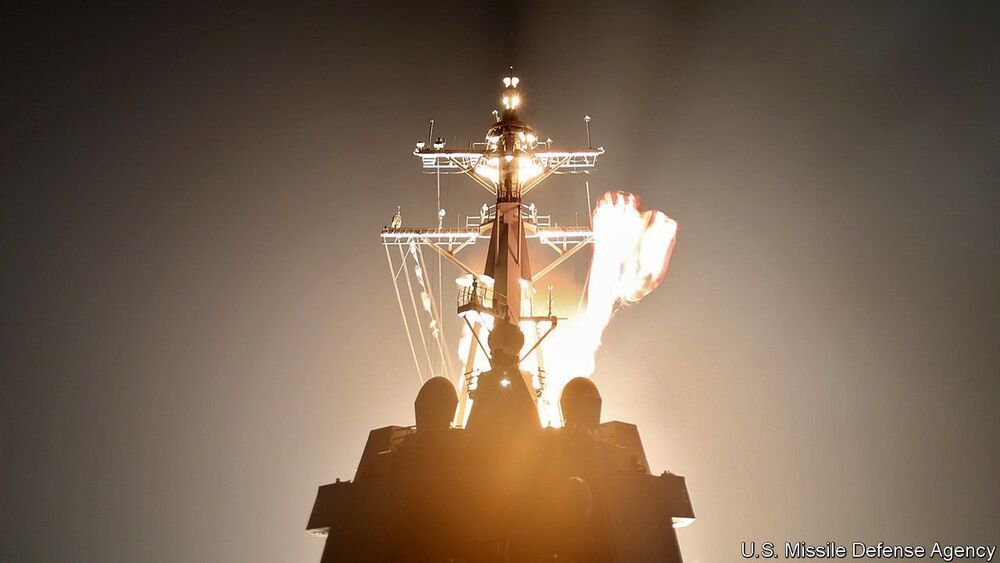The Army Research Office has pledged $6.25 million towards developing mindreading technology for use on the battlefield.



US army wants to be able read soldiers minds. This would enable machines to detect stress and soldier intentions to correct them. It could also allow them to communicate with each other with just their brain signals.
Communicating silently through the mind sounds at home in a Marvel film, but now the US Army is delivering technology to do it. With that said, it may be a while before tangible results are seen.
Research funded by the US Army has managed to decode brain signals that impact action, and has also managed to separate signals that change behaviour from those that do not.
As a result of this breakthrough, it’s hoped that machines will be able to understand the intentions of soldiers and correct them before action is taken. This could protect soldiers by detecting stress, and it seems the technology could have even more significant use if further research is successful.
One of Lockheed Martin’s top directed energy minds explains how breakthroughs in communications and industrial tech made laser weapons possible.


Artificial intelligence is being developed that can analyze whether it’s own decision or prediction is reliable.
…An AI that is aware/determine or analyze it’s own weaknesses. Basically, it should help doctors or passengers of the AI know quickly the risk involved.
How might The Terminator have played out if Skynet had decided it probably wasn’t responsible enough to hold the keys to the entire US nuclear arsenal? As it turns out, scientists may just have saved us from such a future AI-led apocalypse, by creating neural networks that know when they’re untrustworthy.
These deep learning neural networks are designed to mimic the human brain by weighing up a multitude of factors in balance with each other, spotting patterns in masses of data that humans don’t have the capacity to analyse.
While Skynet might still be some way off, AI is already making decisions in fields that affect human lives like autonomous driving and medical diagnosis, and that means it’s vital that they’re as accurate as possible. To help towards this goal, this newly created neural network system can generate its confidence level as well as its predictions.

Consumer drones have over the years struggled with an image of being no more than expensive and delicate toys. But applications in industrial, military and enterprise scenarios have shown that there is indeed a market for unmanned aerial vehicles, and today, a startup that makes drones for some of those latter purposes is announcing a large round of funding and a partnership that provides a picture of how the drone industry will look in years to come.
Percepto, which makes drones — both the hardware and software — to monitor and analyze industrial sites and other physical work areas largely unattended by people, has raised $45 million in a Series B round of funding.
Alongside this, it is now working with Boston Dynamics and has integrated its Spot robots with Percepto’s Sparrow drones, with the aim being better infrastructure assessments, and potentially more as Spot’s agility improves.

Look at the US Airforce’s new flying car! 😃
The U.S. Air Force has shared images of its newest addition, a flying car, and it doesn’t quite fit the image that’s expected to scare off enemy lines. See for yourself.

